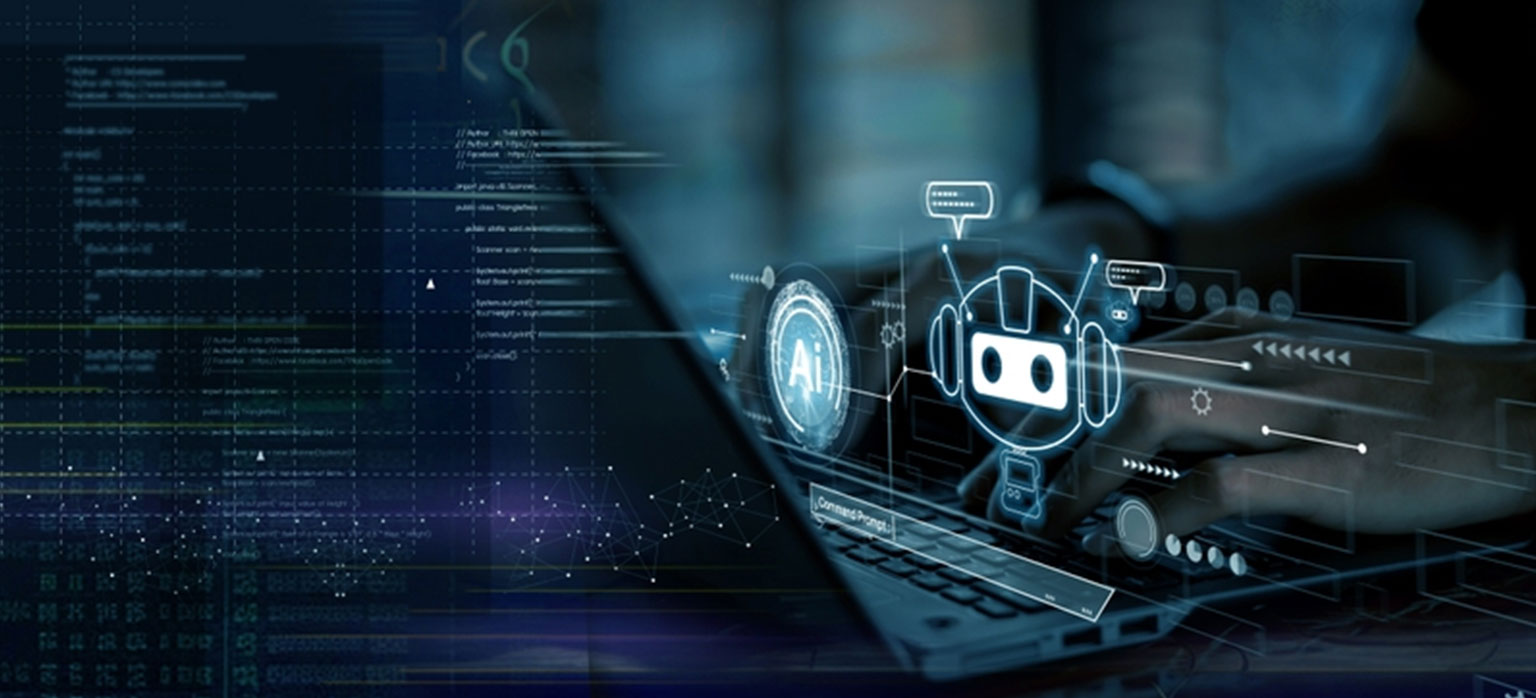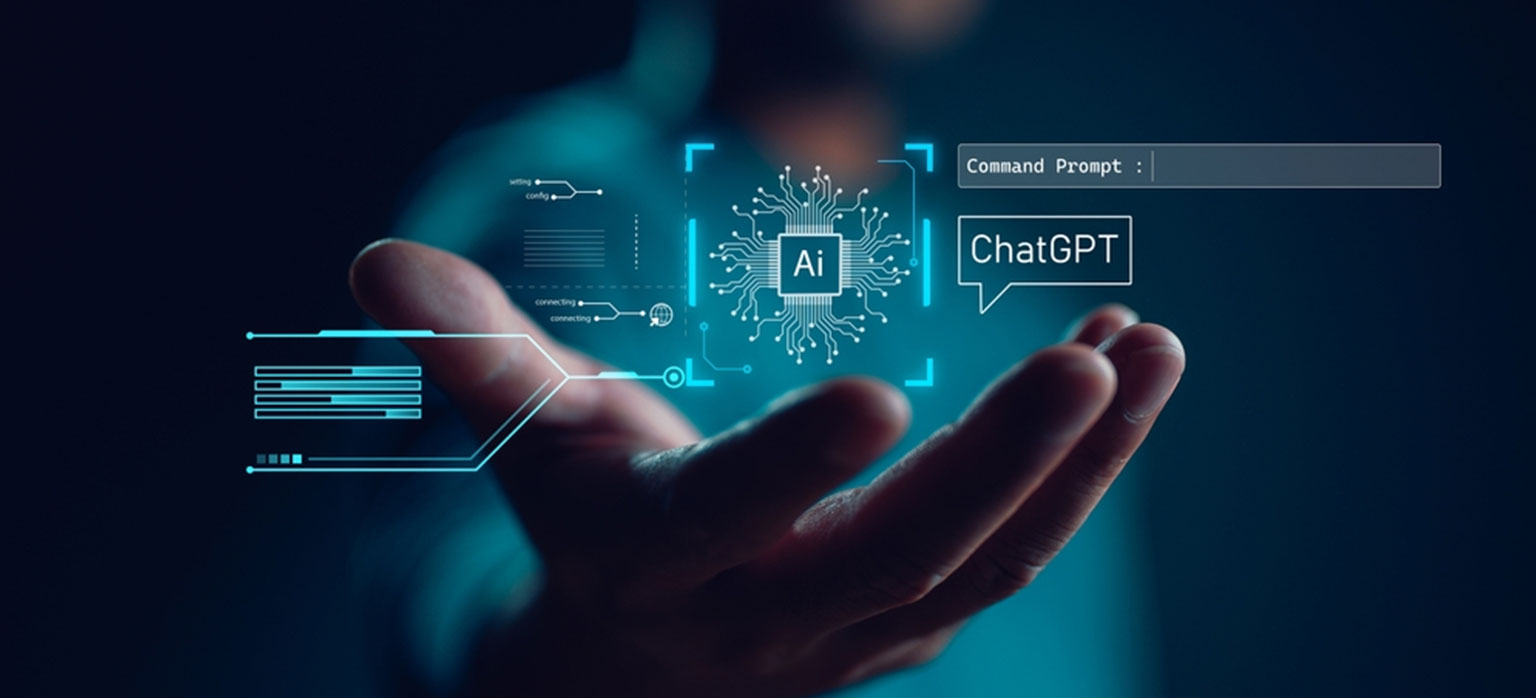In recent years, OpenAI has emerged as a significant force in the field of artificial intelligence (AI). This groundbreaking organization has been on a mission to ensure that artificial general intelligence (AGI) benefits all of humanity. As OpenAI’s influence continues to grow, government agencies will inevitably be impacted by their innovative technology and research. In this blog post, we will explore the potential impact of OpenAI on government agencies and highlight key points to consider.
1. Smarter Decision-Making: OpenAI’s advancements in AI can vastly improve the decision-making processes within government agencies. By harnessing the power of machine learning algorithms, OpenAI can provide valuable insights and recommendations that aid policy makers in making informed choices. From predicting possible outcomes to identifying potential risks, OpenAI’s solutions can enhance the efficiency and effectiveness of government decision-making.
2. Enhanced Public Services: Government agencies are responsible for providing essential public services to citizens. OpenAI can help in this task by developing AI systems that can streamline administrative processes, resulting in improved service delivery. For instance, AI-powered chatbots can offer 24/7 assistance to citizens, answering queries, and guiding them through various government procedures. This can save both time and resources for agencies, enabling them to allocate their efforts more efficiently.
3. Security and Defense: OpenAI’s impact on government agencies extends to the security and defense sectors. AI can be leveraged to enhance cybersecurity, ensuring protection against sophisticated cyber threats. OpenAI’s intelligent algorithms can identify patterns and anomalies in network traffic, detect potential attacks, and strengthen the nation’s digital infrastructure. Additionally, AI-powered systems can be deployed in defense operations to optimize logistics, intelligence gathering, and strategic planning.
4. Ethical AI Frameworks: OpenAI has not only focused on technological advancements but also highlighted the importance of ethical AI development. This is especially crucial for government agencies as they deal with masses of sensitive data and make critical decisions that impact society. OpenAI’s emphasis on transparency, fairness, and accountability can guide government agencies in setting ethical standards for the use of AI. By adhering to these frameworks, agencies can ensure that their AI implementations are unbiased, fair, and trustworthy.
5. Economic Growth and Job Creation: OpenAI’s innovation has the potential to catalyze economic growth and job creation within government agencies. As AI technology evolves, new job roles will emerge that require expertise in managing and leveraging AI systems. Government agencies can invest in upskilling their workforce and collaborate with OpenAI for training initiatives in order to adapt to this new era. This can result in the development of a technology-driven workforce, promoting economic growth and sustainable job opportunities.
As OpenAI continues to push the boundaries of AI research and technology, government agencies must remain engaged with these advancements to harness their potential benefits. By embracing OpenAI’s innovations, agencies can optimize decision-making, enhance public services, bolster security measures, establish ethical AI frameworks, and foster economic growth. The collaboration between OpenAI and government agencies has the potential to shape a future where AI is used to serve humanity in the best possible manner.




